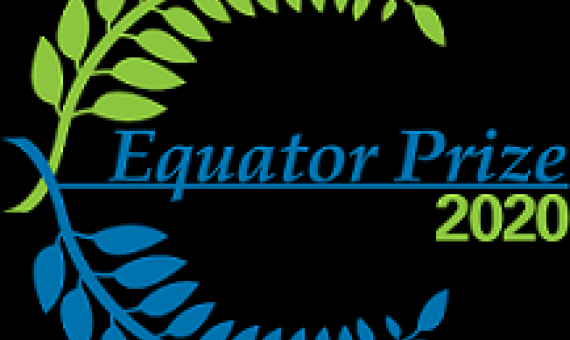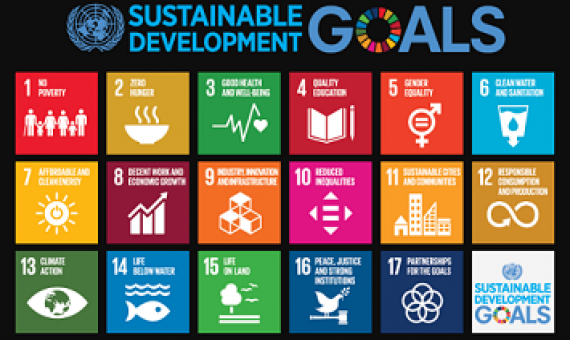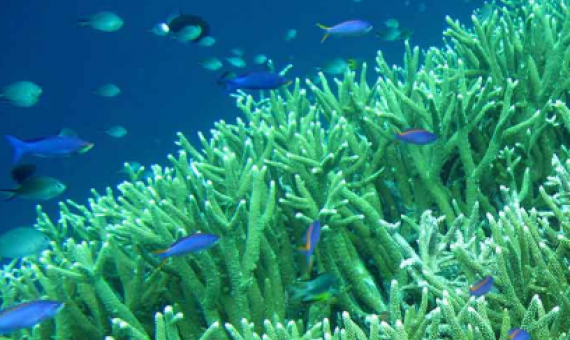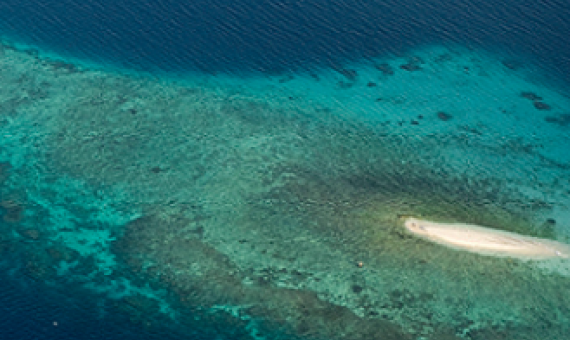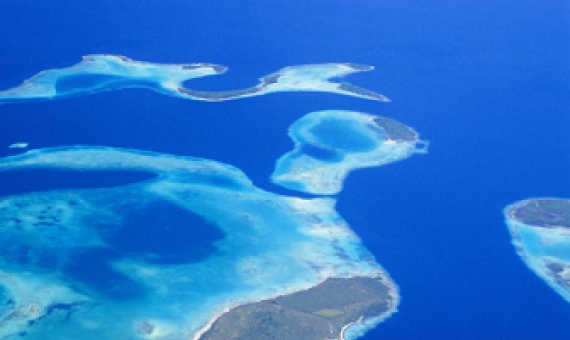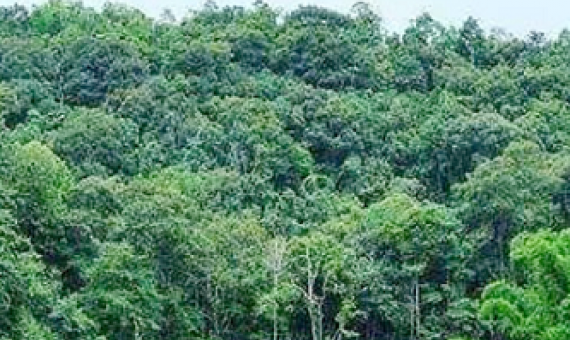The Equator Prize, organized by the Equator Initiative within the United Nations Development Programme, is awarded biennially to recognize outstanding community efforts to reduce poverty through the conservation and sustainable use of biodiversity.
The State of World Fisheries and Aquaculture - Meeting the Sustainable Development Goals
The State of World Fisheries and Aquaculture 2018 highlights the critical importance of fisheries and aquaculture for the food, nutrition and employment of millions of people, many of whom struggle to maintain reasonable livelihoods...The State of World Fisheries and Aquaculture is the only publication of its kind, providing technical insight and factual information on a sector increasingly recognized as crucial for societal success.
'The Future is Now: Science for Sustainable Development' - Global Sustainable Development Report 2019
Despite considerable efforts these past four years, we are not on track to achieve the Sustainable Development Goals by 2030. We must dramatically step up the pace of implementation as we enter a decisive decade for people and the planet. We must connect the dots across all that we do – as individuals, civic groups, corporations, municipalities and Member States of the United Nations – and truly embrace the principles of inclusion and sustainability. Science is our great ally in the efforts to achieve the Goals.
Following the international adoption of the UN's Sustainable Development Goals (SDGs) in 2016, "The Future is Now: Science for Achieving Sustainable Development" (published 11 September 2019) reports on the evaluation of the global progress towards the 2030 Sustainable Develop
Hope and doubt for the world’s marine ecosystems
In June 5–9, 2017, during the United Nations (UN) Ocean Conference, 143 governments, signatory parties of the Convention on Biological Diversity (CBD) declared their commitment and strategies to reach several objectives of the Sustainable Development Goal (SDG) 14, which stands to “conserve and sustainably use the oceans, seas and marine resources for sustainable development”.
The accumulation of marine litter in the world’s oceans over the past decades has risen. Plastic is ubiquitous, cheap to produce and extremely durable. Every piece of plastic ever produced still exists, therefore much of it has ended up, in the oceans.
The Navakavu Revitalisation Strategy 2018-2022 (NRS) is a local development strategy aligned to the SDGs and the Government of Fiji’s Development Plan 2017-2021.
Ocean acidification and interactive stressors - from challenges to actions
The ocean has been experiencing substantial changes in marine physics, chemistry and biology including ocean acidification, rising seawater temperature, ocean deoxygenation and sea level rise. These four, often interacting factors, are expected to increase over the coming decades depending on the concentration of greenhouse gases in the atmosphere. It is imperative that international decision-makers and stakeholders understand the enormous role the ocean plays in sustaining life on Earth, and the consequences of a high CO2 world for the ocean and society.
The Plan and Initiative aim to support the protection and restoration of marine ecosystems while promoting inclusive livelihoods, in line with SDG 14 (life below water). Click on the link below to read the full article.
The note suggests that UNFF 14 emphasize the importance of enhancing synergies and collaboration in advancing coherent implementation and achievement of the UN Strategic Plan for Forests, the Paris Agreement on climate change, the Aichi Biodiversity Targets, voluntary national contributions and N

